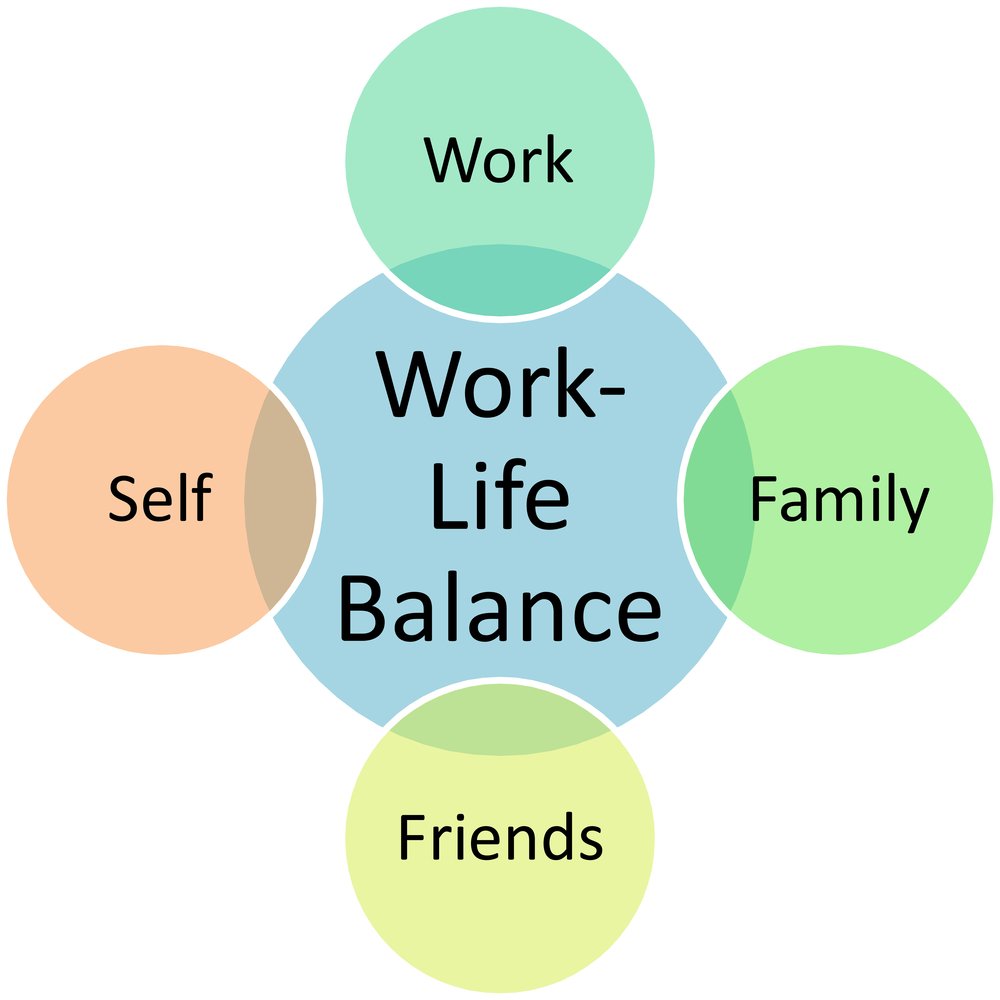In today’s fast-paced world, the pursuit of work-life balance is more critical than ever. Balancing the demands of a career, family, and personal life can often feel like an insurmountable challenge. However, achieving this equilibrium is not only possible but also essential for leading a fulfilling and healthy lifestyle.
Define Your Priorities
The first step in achieving work-life balance is to define your priorities. Take some time to reflect on what matters most to you in life. Is it your career, family, health, personal growth, or something else? By identifying your core values and priorities, you can make informed decisions that align with your goals and desires. Remember that work-life balance is a personal journey, and what works for one person may not work for another.
Set Boundaries
Setting boundaries is crucial to maintaining work-life balance. Clearly define your work hours, and when the workday ends, make an effort to disconnect from work-related tasks and emails. Create physical and mental boundaries that separate your professional life from your personal life. This separation will help you recharge and be present for your loved ones and yourself.
Learn to Say No
One of the most challenging aspects of achieving work-life balance is learning to say no. It’s easy to become overwhelmed by commitments and obligations, both at work and in your personal life. However, saying yes to everything can lead to burnout and a sense of constant stress. Assess your capacity and be selective about the tasks and commitments you take on. Saying no when necessary is a powerful tool in maintaining balance.
Time Management
Effective time management is a cornerstone of work-life balance. Use tools like calendars, to-do lists, and time-blocking to organize your day and prioritize tasks. Be realistic about what you can accomplish in a given time frame, and don’t overcommit. Allocating time for both work-related responsibilities and personal activities ensures that you have time for yourself and your loved ones.
Delegate and Outsource
You don’t have to do everything on your own. At work, delegate tasks to colleagues when possible. In your personal life, consider outsourcing tasks like housecleaning or grocery shopping. Delegating and outsourcing can free up valuable time and reduce the stress associated with trying to do it all.
Embrace Flexibility
Work-life balance is not about rigidly dividing your time between work and personal life. It’s about finding flexibility and adapting to the changing demands of your life. Embrace flexible work arrangements if your job allows, and be open to adjusting your schedule when necessary. Flexibility enables you to handle unexpected events and maintain equilibrium.
Invest in Self-Care
Self-care is essential for maintaining work-life balance. Make self-care a non-negotiable part of your routine. This can include activities like exercise, meditation, reading, hobbies, or simply taking time to relax and recharge. Prioritizing self-care improves your physical and mental well-being, making you more resilient in the face of life’s challenges.
Quality Over Quantity
When it comes to both work and personal life, focus on quality over quantity. At work, concentrate on accomplishing meaningful tasks rather than trying to tackle everything. In your personal life, cherish quality time with loved ones rather than the quantity of time spent. Quality interactions and experiences are more fulfilling than simply being busy.
Seek Support and Communicate
Don’t hesitate to seek support and communicate your needs. Whether at work or home, open and honest communication is key to maintaining balance. Talk to your supervisor about your workload and any challenges you’re facing. At home, discuss your priorities and expectations with your family members. Support from your professional and personal networks can make a significant difference.
Conclusion
Achieving work-life balance is an ongoing process that requires self-awareness, commitment, and adaptability. It’s about aligning your actions with your priorities, setting boundaries, and taking care of yourself. Remember that work-life balance is not a one-size-fits-all concept; it’s unique to each individual.

